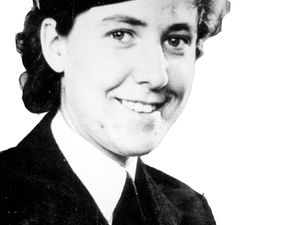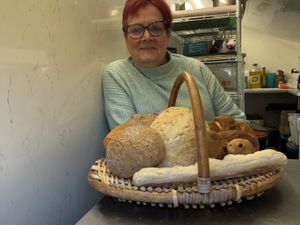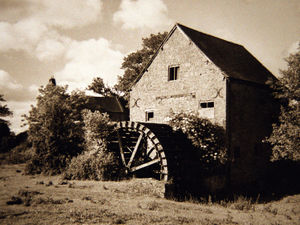Cannabis: The impact of weed on the young mind
As part of our week-long look at the debate around cannabis use, a psychiatrist tells us about his experiences with users of the drug.
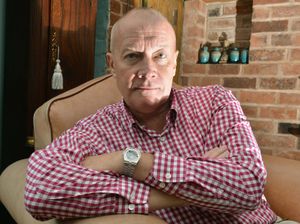
Among the largest concerns about the impact of cannabis is how it transforms people’s mental health.
One person who has sees how cannabis affects users on a daily basis is psychiatrist Dr Martin Deahl.
“What’s clear is that teenagers who regularly use cannabis around the age of 15 are four times more likely to have a psychotic illness by the time they are in their mid-twenties,” he said.
“There is a very strong association between schizophrenia-like illnesses and using cannabis. Now you could say that isn’t a causal association, it’s just that people who are more vulnerable to getting mental illness are more likely to use cannabis.”
Dr Deahl says some patients insist cannabis is the only thing that helps them.
“A lot of patients with a variety of mental illnesses, including psychosis, actually say it’s the only thing that makes them feel any better,” he said.
“Now when they say being ‘better’ that means being off their heads a bit and being a bit out of it, not that it’s made their paranoia or voices in their heads go away – but it dampens it down a bit.”
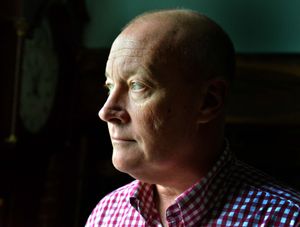
British and Canadian researchers recently found “robust” evidence showing using the drug in adolescence increased the risk of developing depression in adulthood by 37 per cent.
They said the findings should act as a warning to families who saw cannabis use as part of the growing-up process – particularly because of the developing brain’s vulnerability.
The researchers – from Oxford University and Montreal’s McGill University – said cannabis use in the young was an “important public health issue”, particularly given that cannabis tends to be much stronger than it used to be.
“The problem with recreational cannabis is there are many different strengths and potencies,” added Dr Deahl. “There is no quality control. So the difference between having a casual spliff on holiday and taking some of the skunk around here is chalk and cheese and is like the difference between taking a paracetamol and heroin. You don’t know what you’re taking.”
Dr Deahl says use among his patients in Telford is the “rule rather than the exception” and 90 per cent have smoked cannabis in their life while 50 or 60 per cent still do so during treatment.
“A lot of them are taking cannabis with other drugs and alcohol,” he added. “Cocaine is a typical one. I have to explain to people that if you are taking alcohol as well as drugs like cannabis, it stops the pills I prescribe from doing anything. It saturates the brain with other chemicals and stops our medicines working.”
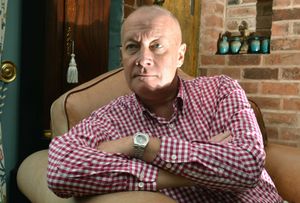
Dr Deahl supports the legalisation of medicinal cannabis and cannabis oil for those who can be identified as needing it by a health professional.
“I think medicinal cannabis use and cannabis oil is absolutely fine,” he said. “It brings a lot of benefits to people where other drugs do very little and in terms of its actual dangers in terms of things like overdose and toxicity there are many prescribed drugs that are far more dangerous.
“The difficulty is that some doctors are very reluctant to prescribe it because they are not familiar with it, and there is the potential for misuse.
“One of the drugs which is widely misused is benzodiazepines like diazepam. We prescribe a lot of these and one of the reasons we are under a lot of pressure not to and to try and restrict it is that there is no doubt that some of those drugs we prescribe find their way on to the black market, and that puts some people off prescribing cannabis.”
MORE: How the drug farmers are being weeded out
MORE: The drawbacks of life as a weed smoker
MORE: A medical marvel or mind-altering mess?
But he is sceptical about the effect medicinal cannabis would have on the general smoking of cannabis and its associated criminal activity.
“I never know why it’s treated so differently because we prescribe heroin, an illegal drug, and the police will still try and do what they can to stop it on the black market.
“So I don’t see doctors prescribing it responsibly is going to open the floodgates and have the whole of the country taking it. It’s like any drug – used in the right place, at the right time, by the right person in the right way it can do a lot of good, but if you don’t tick all the boxes then it can equally do a lot of damage – but that’s the case for many drugs in medicine.”
Proving the benefits of cannabis remains difficult, Dr Deahl added.
“One of the big problems about our Misuse of Drugs Act and criminalising these drugs in this way is that it makes it difficult to research what conditions these drugs might useful for or not,” he said. “It’s just too much hassle to get a Home Office licence, it’s a bureaucratic nightmare.”
l Tomorrow: Is there any political support for a change in the law?

